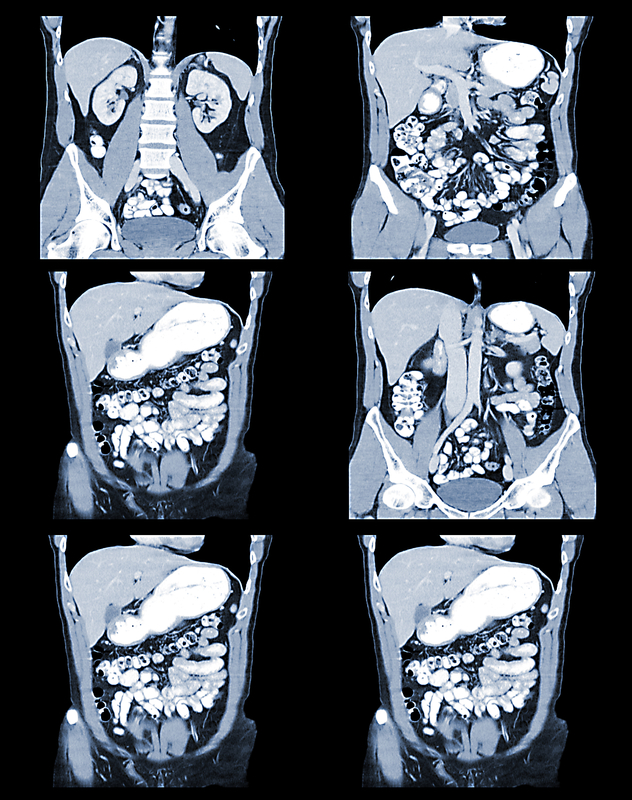Ultrasound More Accurate for Malignant Pleural Mesothelioma
Ultrasound may be a more accurate and cheaper option than CT scans for malignant pleural mesothelioma. A group of Italian…
The best research available on knowing which type of image scan may benefit you most to diagnose mesothelioma as tested by medical professionals. Read Now.









